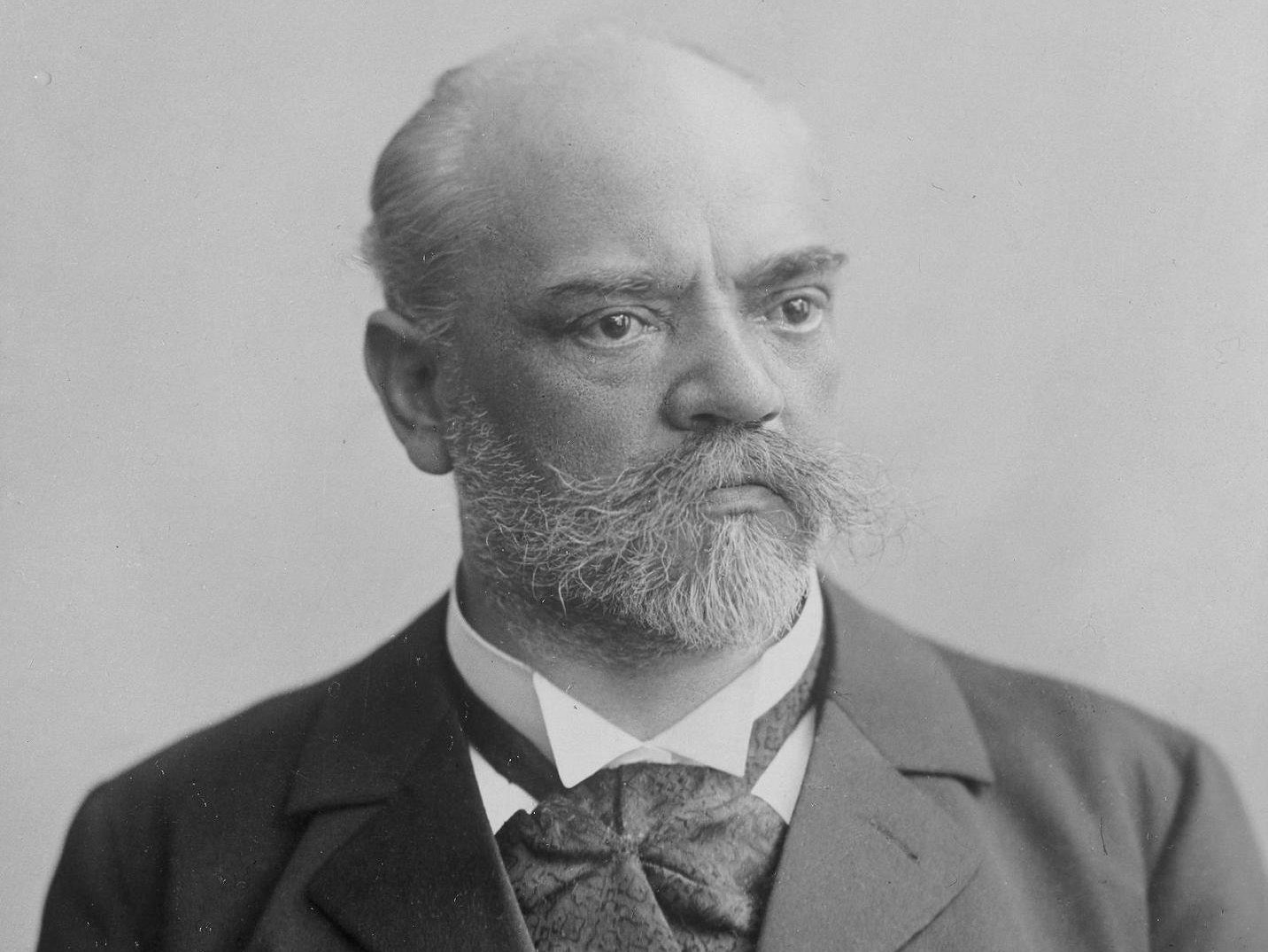- Portrait
- History

Bedřich Smetana is regarded as the founder of Czech national music. His mother tongue was German, and he had to work hard to learn Czech. Behind this was a process of self-discovery that reflects the history of his country’s journey towards independence.
The young Smetana, not yet twenty, wrote in his diary that he hoped that “with God's help and grace, I will one day be a Liszt in technique and a Mozart in composition.” He wrote this in German; at the time, his first name was Friedrich. Two decades later, he called himself Bedřich, and spoke Czech reasonably well. By the time of his death in 1884, he was revered throughout Bohemia as a national composer. Smetana’s life reflects his country’s search for identity. As he had hoped, he learnt to tell history and stories in symphonic works by following Liszt’s example.
And like Mozart, he was able to set the most profound thoughts to music in the guise of smiling joviality – as he did in his opera The Bartered Bride. Originally from Eastern Bohemia, Smetana participated in the 1848 Prague Uprising against the Habsburg Empire, and hoped that its goals would prove successful. However, Bohemian-Moravian independence did not materialise for some time, driving Smetana to five years of self-imposed exile in Gothenburg. When Vienna relaxed its stance in 1860, he saw his chance to campaign for Czech national music as a conductor and publicist at home. But there were also opposing forces within the country’s cultural life between Czechs, Germans and Jews, and even within the Bohemian movement there were disputes about what might constitute appropriate style.
Smetana’s operas Dalibor (1868) and Libuše (1881) were praised for their glorification of national history, but also criticised – unjustly – for being Wagnerian. Smetana also suffered misfortunes in his private life. His 1855 piano trio expresses his grief at the death of his daughter. His first wife died in 1859, and he lost his hearing in 1874, whilst also suffering from severe tinnitus. This last catastrophe is echoed in his first string quartet From my life, in which a high-pitched E is used to represent the ringing in his ears. He defied the distressing inner noises with further compositions: the cycle Má vlast, three more operas, and his radically expressive Second String Quartet. Smetana died in a mental hospital of senile dementia; he did not live long enough to see The Bartered Bride become a worldwide success years after its premiere.

Dvořák’s path to fame
From orchestral musician to national composer – Antonín Dvořák had an unprecedented career. Thanks to his musical genius and his mentor.

Witold Lutosławski’s First Symphony
The Polish composer Witold Lutosławski was one of the most fascinating musicians of his day. An enthralling rediscovery.

Yearningly successful
His two-and-a-half-year stay in America was an ambivalent time for Antonín Dvořák – characterized by triumphs, enthusiasm about new impressions, but also yearning for his Bohemian homeland.